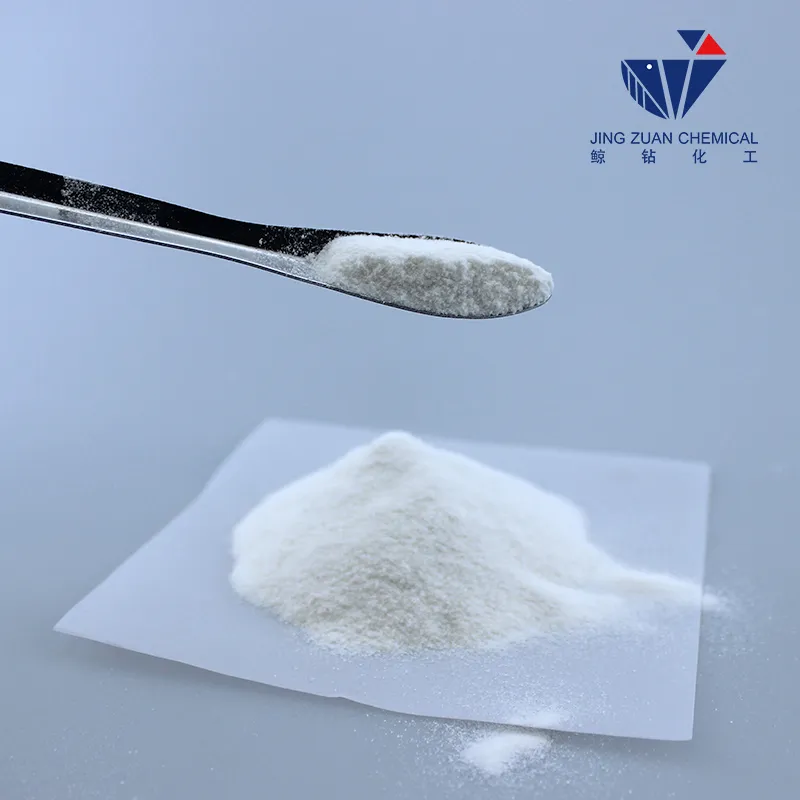
Nov . 25, 2024 23:02 Back to list
Exploring the Applications and Benefits of Methyl Hydroxyethyl Cellulose in Various Industries
Understanding Methyl Hydroxyethyl Cellulose A Versatile Polymer
Methyl Hydroxyethyl Cellulose (MHEC) is a modified cellulose derivative that plays a crucial role in various industries due to its unique properties and versatility. This non-ionic, water-soluble polymer is primarily derived from natural cellulose, which is extracted from the cell walls of plants. The modification process involves introducing hydroxyethyl groups and methyl groups into the cellulose structure, resulting in a compound that exhibits exceptional rheological properties, thickening abilities, and water retention capacity.
Understanding Methyl Hydroxyethyl Cellulose A Versatile Polymer
In the food industry, MHEC serves as a thickening agent, stabilizer, and emulsifier. Its ability to form gels makes it an ideal ingredient in products such as sauces, dressings, and ice creams. By enhancing texture and improving mouthfeel, MHEC contributes to the overall sensory experience of food products while also extending shelf life through improved stability.
methylhydroxyethyl cellulose

Pharmaceutical and cosmetic applications also benefit from MHEC's properties. In pharmaceuticals, it is used as a binder and film-forming agent in tablets, ensuring consistent dosages and effective drug delivery. In cosmetic formulations, MHEC functions as a thickener and stabilizer in creams and lotions, providing a smooth texture and maintaining product stability.
The environmental impact of MHEC is another important aspect worth noting. Being derived from natural cellulose, it is biodegradable and poses less harm to the environment when compared to synthetic polymers. This characteristic has made MHEC an attractive option for industries looking to adopt more sustainable practices.
Despite its many advantages, the production and use of MHEC are not without challenges. The viscosity of MHEC solutions can vary significantly based on parameters such as temperature and concentration, which may complicate formulation efforts in certain applications. Moreover, the cost-effectiveness of MHEC can vary depending on the source and quality required for specific uses.
In summary, Methyl Hydroxyethyl Cellulose exemplifies the synergy between nature and science, offering a multitude of benefits across various industries. Its ability to enhance texture, improve stability, and contribute to sustainability makes it an invaluable compound. As research continues to explore new applications and optimize existing uses, MHEC is poised to maintain its significance in both industrial and consumer markets.
-
Versatile Hpmc Uses in Different Industries
NewsJun.19,2025
-
Redispersible Powder's Role in Enhancing Durability of Construction Products
NewsJun.19,2025
-
Hydroxyethyl Cellulose Applications Driving Green Industrial Processes
NewsJun.19,2025
-
Exploring Different Redispersible Polymer Powder
NewsJun.19,2025
-
Choosing the Right Mortar Bonding Agent
NewsJun.19,2025
-
Applications and Significance of China Hpmc in Modern Industries
NewsJun.19,2025







